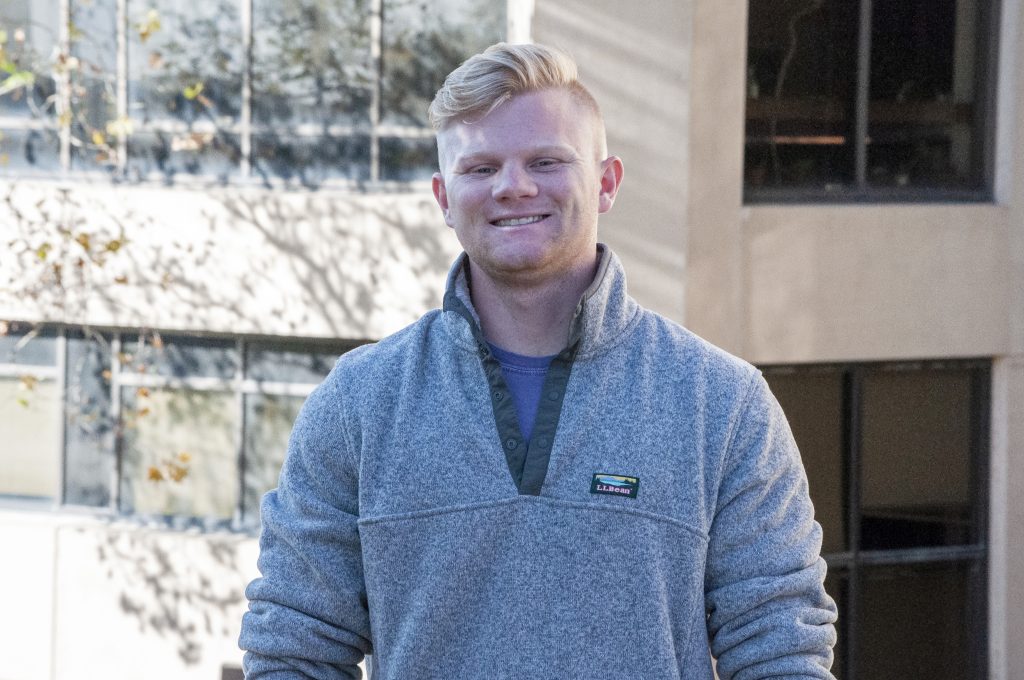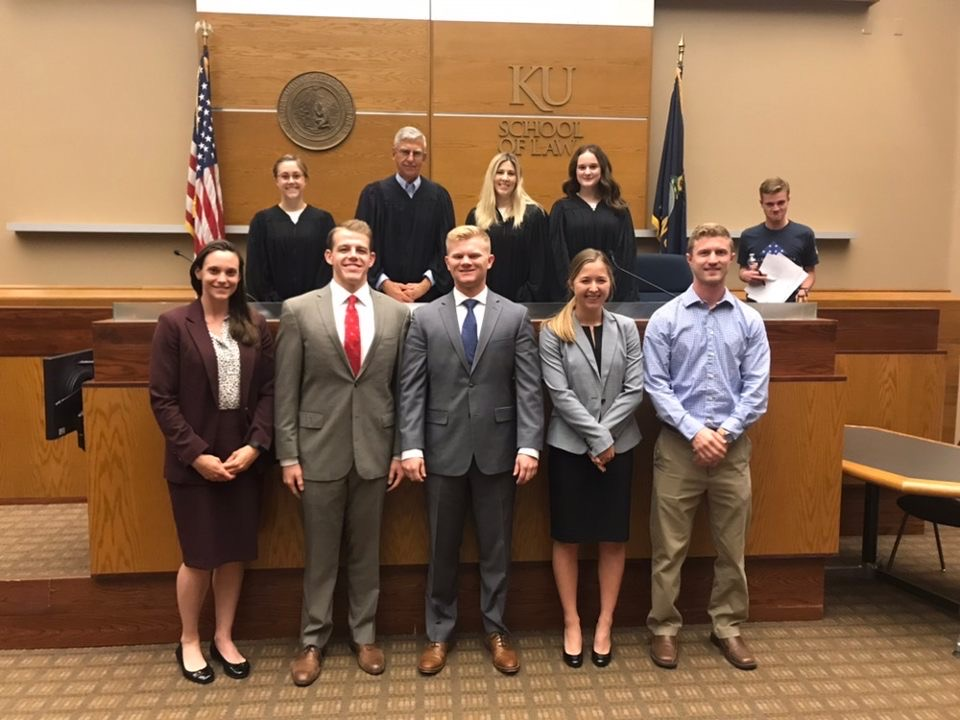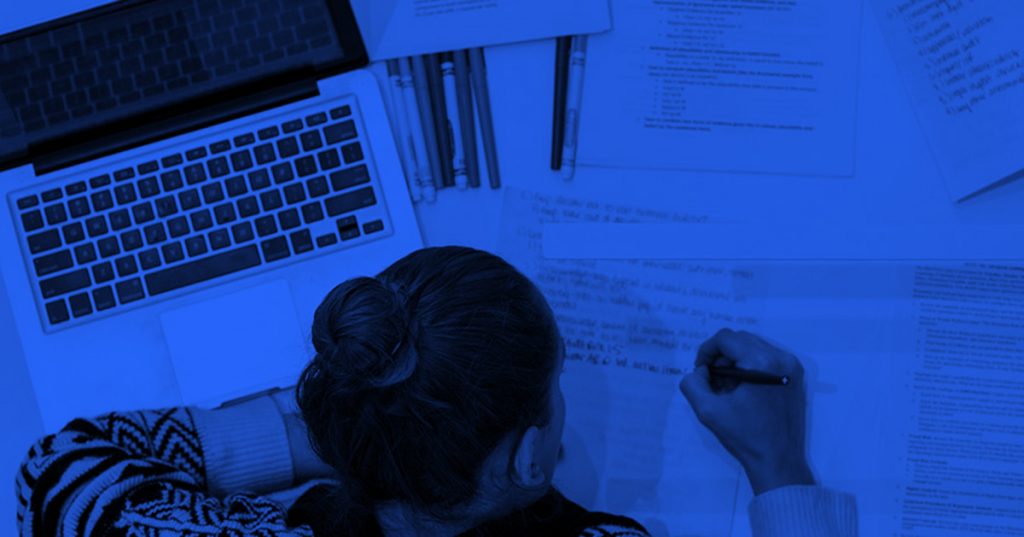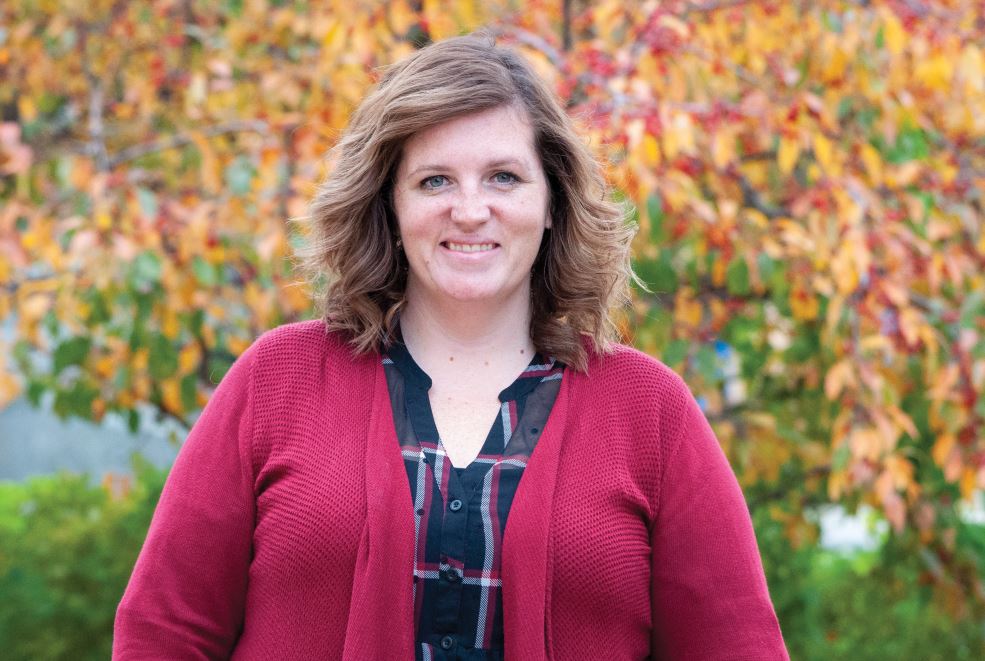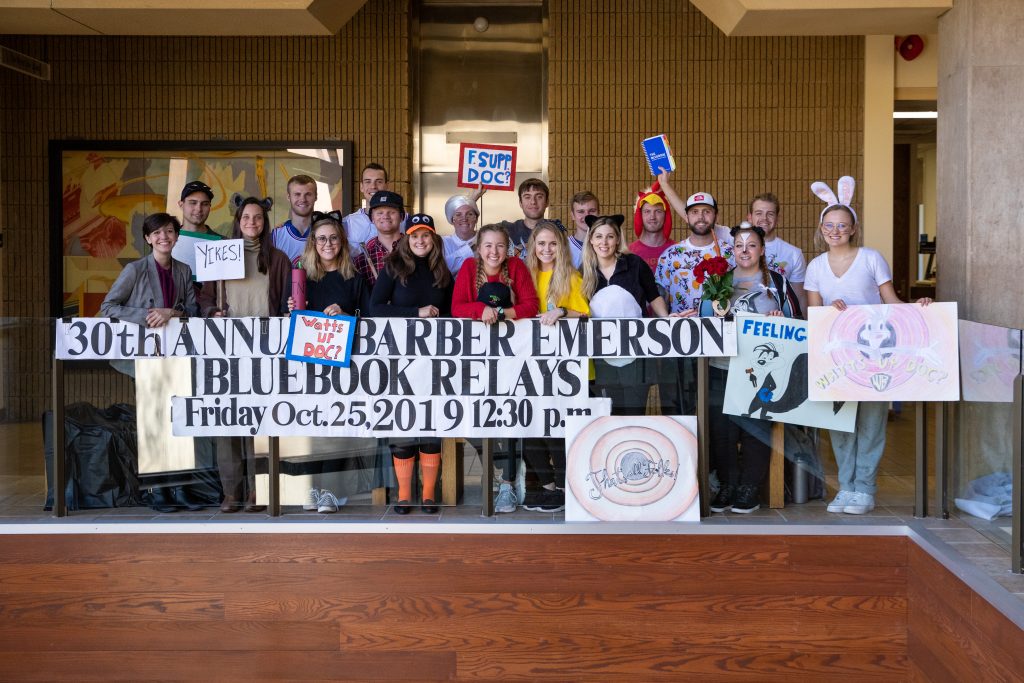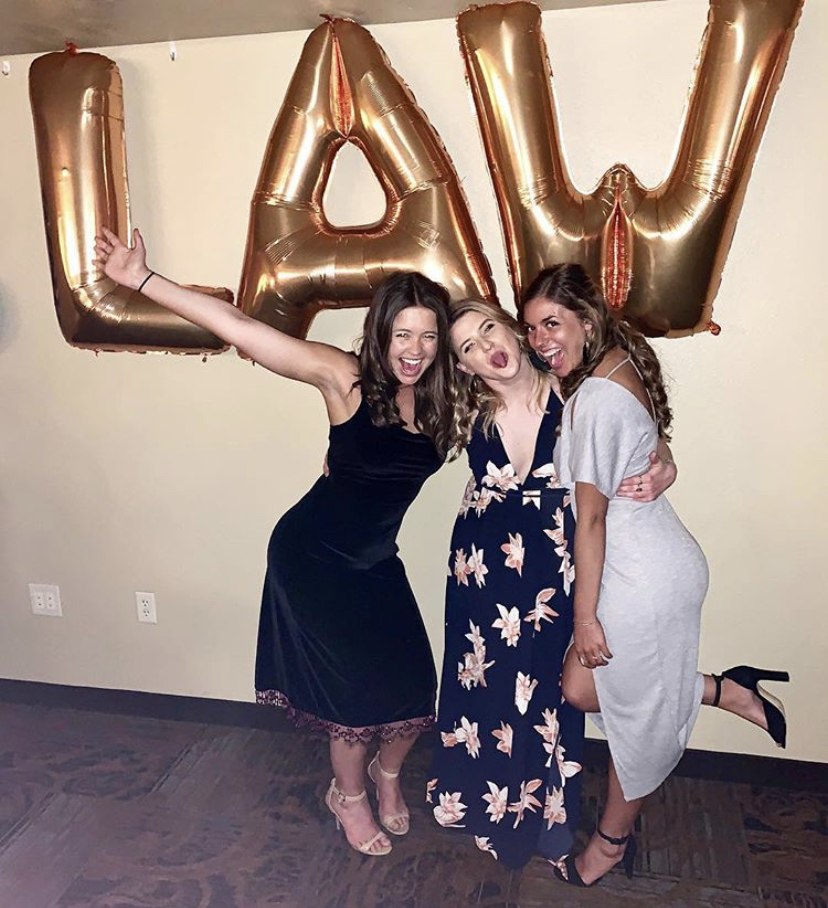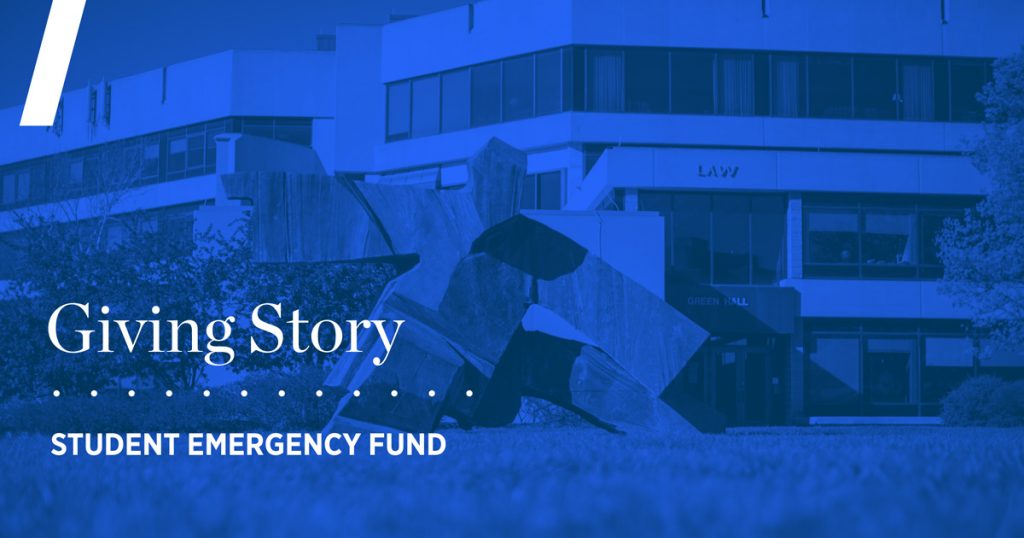
I remember hearing the phrase, “K through J.D.” during law school orientation. It took me a couple of minutes before realizing it meant “Kindergarten through J.D.” and applied to my path to law school. I never took time off from school other than summer and winter breaks. I couldn’t imagine taking a lot of time off before coming to law school. I remember briefly considering whether I wanted to work for a year before law school, but I knew it would be hard to find a job I enjoyed with a political science degree. So, straight to law school it was. This decision came with advantages and disadvantages.
Advantages
School mindset
One of the main reasons I went straight from undergrad to law school was because I was afraid of not being able to get back in “school mode.” School was such a routine in my life that I was afraid of becoming an ineffective learner by spending too much time off. I think that attending law school within months of graduation worked well for me, and it made the transition much easier because I was used to reading, doing research and writing. Further, I was easily able to connect with professors for advice on the law school application process because I was still in college.
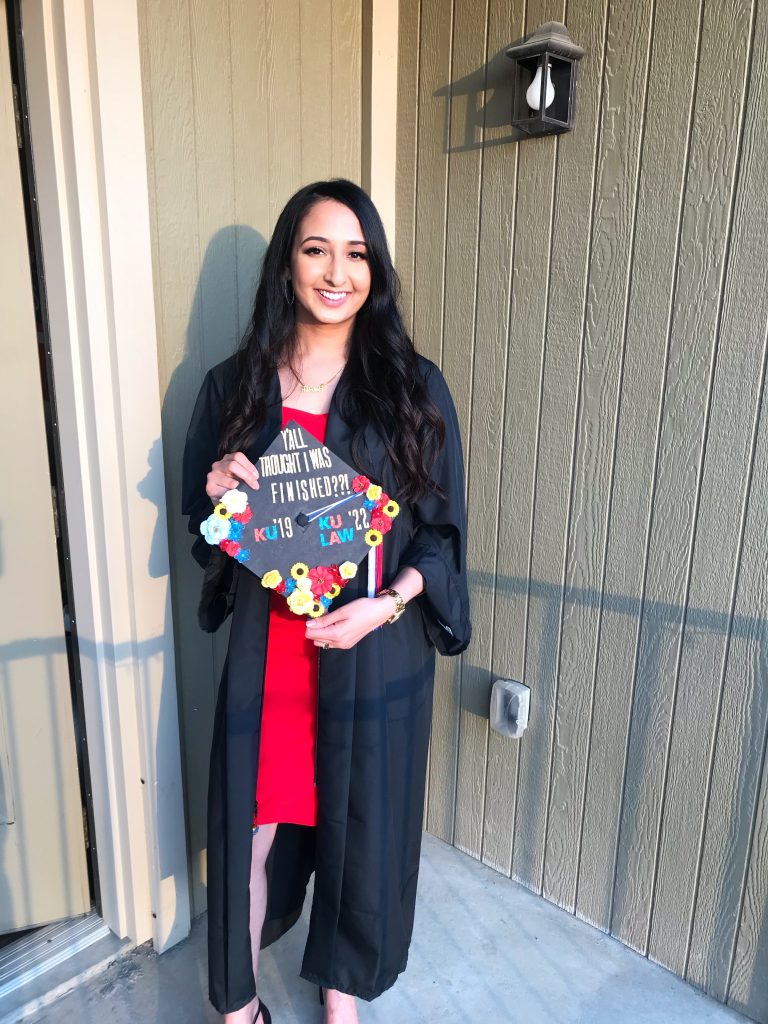
Youth
My age serves as an advantage and a disadvantage in law school. Although I’ll be able to graduate and look for a job by the age of 25, most of my classmates are older than me and have more life experiences than I do. I knew that going into law school that most of my classmates would be older than me, but it wasn’t much of a concern. I see pros and cons of attending law school at 22, but at the end of the day, I don’t think age really matters much because everyone’s end goal is to get their J.D.
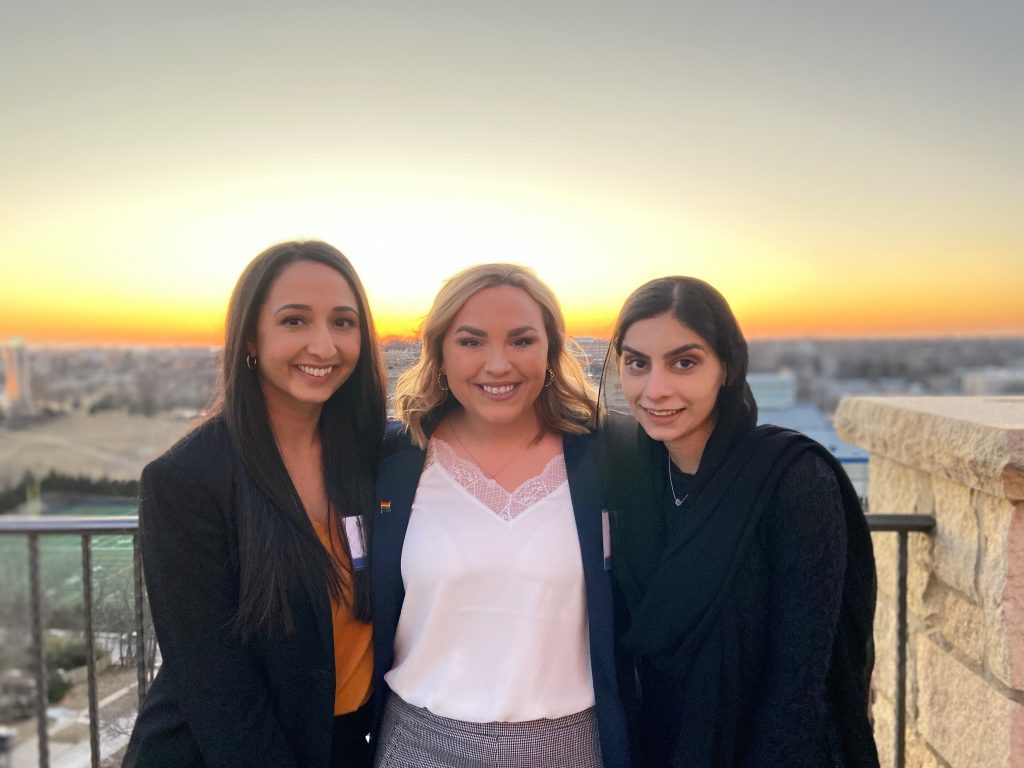
Disadvantages
Resume building
One of the main disadvantages for me was my lack of professional career experience. I did not have a professional job, was not used to doing job interviews, and did not have money saved up from working before law school. This made certain things like job interviews and establishing professional credibility a little more difficult. However, my lack of professional experience did not have a substantial effect on any internship opportunities. If anything, it just led to some internal doubts.
Take time to decide if law school is right for you
I knew I wanted to go to law school from a young age, but I think it is valuable to take time before rushing into it. Going straight to law school as a K-J.D. is probably not the best idea unless you are sure that it is for you. I would suggest exploring career opportunities, meeting with attorneys, and enjoying your life before investing a significant amount of time and money into law school.
Overall, I am happy with my choice to attend law school as a K-J.D. It is not for everyone nor is the opportunity accessible for everyone. I am thankful that I was able to begin law school at 22, even with all the ups and downs that came with it.
— By Sim Johal, a 1L from Springfield, Missouri and a KU Law Student Ambassador
